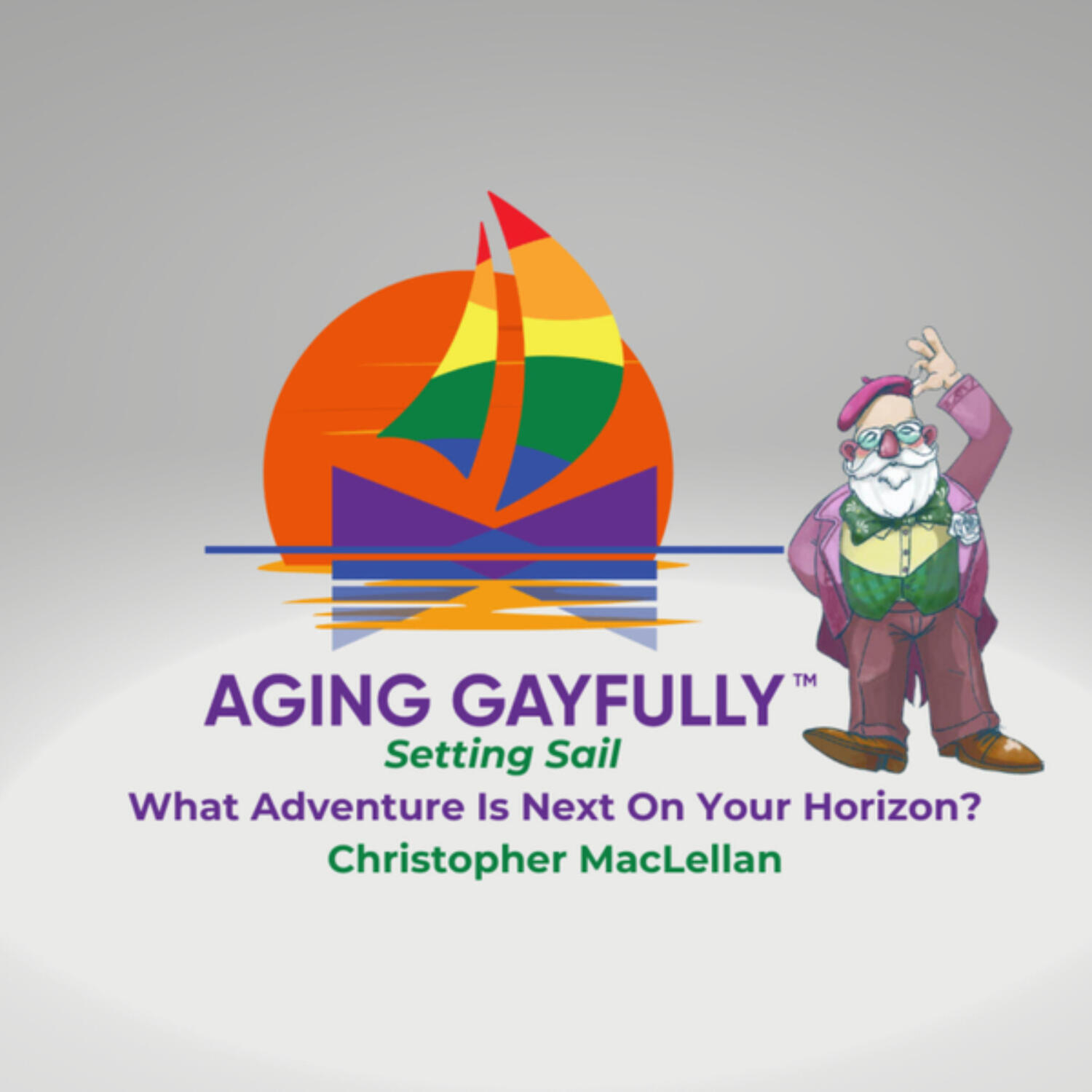
The Whole Care Network
Author: The Whole Care Network
Subscribed: 4Played: 395Description
On The Whole Care Network, We're passionate about... Helping You Share Your Story
We believe podcasts are a fantastic way for your story to be told in your own words and in your own voice.
We believe it is through story-sharing where diversity meets the road to collaboration on a common cause.
Our common cause is supporting caregivers, their care partners, and the care team before, during, and after caregiving ends.
On The Whole Care Network, we feature a variety of shows and hosts who have a story to share, a resource to provide, and a kind word of encouragement because we believe the best information and referral for caregivers come from caregivers who have been in the trenches and understand the journey, helping us balance our four pillars of care.
Please enjoy all of our shows and show hosts!
*Views and opinions featured on the Whole Care Network are those solely of the hosts and guests and may not necessarily be those of the Whole Care Network. Views and opinions on the Whole Care Network are for information purposes only. Always check with your doctor for medical advice or your attorney for legal advice. Thank You for listening to The Whole Care Network!
G83LJp5uNYLmdtSs0wIG



















